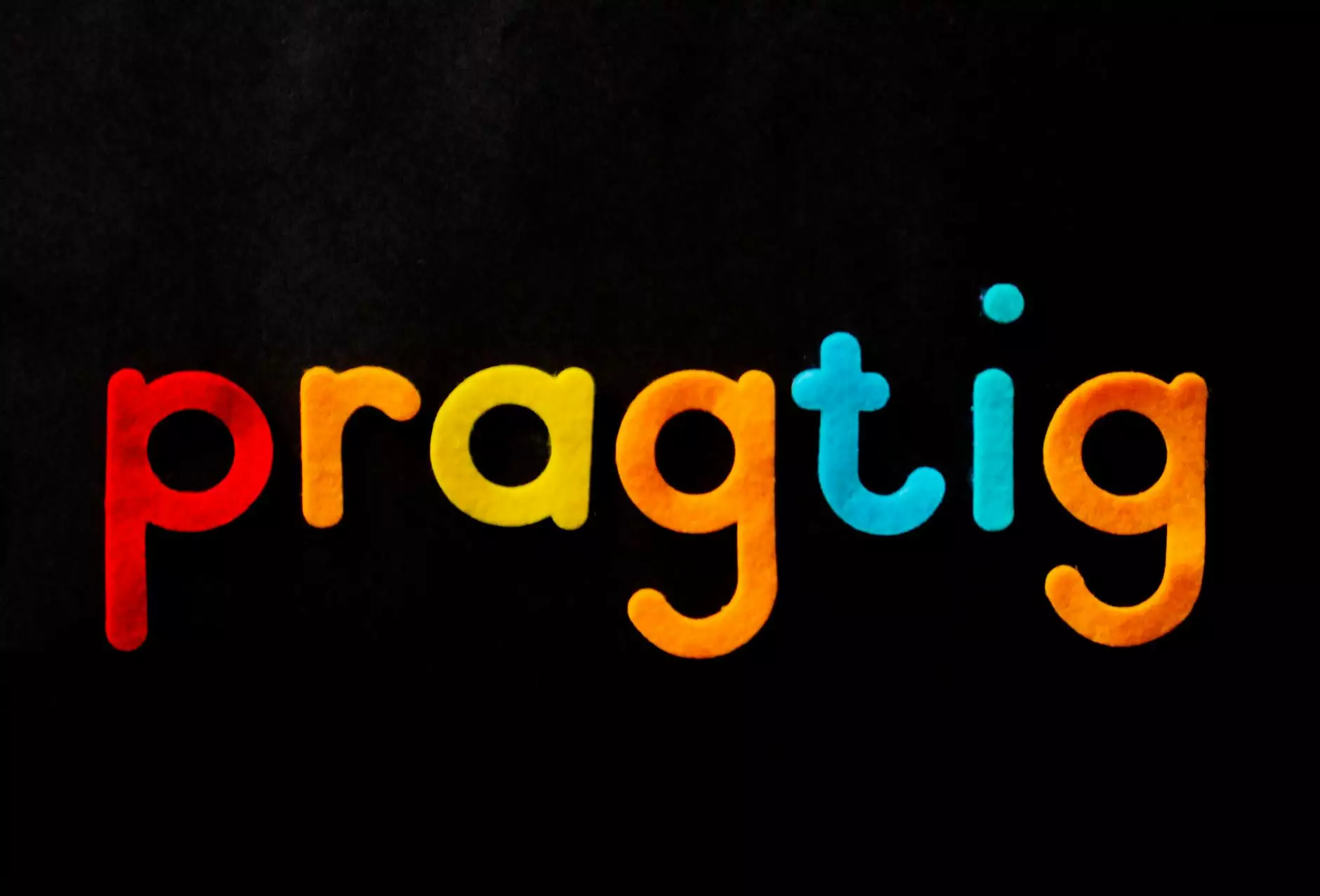Learn English Vocabulary - TIME is Both Countable and Uncountable
English Grammar Lessons
Welcome to NJCLT, your go-to resource for learning English grammar and vocabulary. In this comprehensive lesson, we will delve into the fascinating topic of time and explore its countable and uncountable aspects. Let's unlock the secrets of time together!
The Concept of Countable and Uncountable Nouns
In English, nouns are classified as countable or uncountable, depending on whether they can be quantified or not. Countable nouns refer to things that can be counted individually, while uncountable nouns represent abstract concepts or substances that cannot be easily measured.
Time is one such noun that falls into both categories. It can be viewed as a countable noun when referring to specific instances or moments, such as hours, minutes, and seconds. On the other hand, it can be seen as an uncountable noun when discussing time as a general concept or duration.
Countable Time Expressions
Let's start by examining the countable aspect of time. Countable time expressions refer to specific periods or instances within a day, week, month, or year. Here are some common countable time expressions:
- Hours: There are 24 hours in a day.
- Minutes: There are 60 minutes in an hour.
- Seconds: There are 60 seconds in a minute.
- Days: There are 7 days in a week.
- Weeks: There are 52 weeks in a year.
- Months: There are 12 months in a year.
- Years: There are 365 or 366 days in a year, depending on whether it's a leap year.
These countable time expressions allow us to precisely measure and quantify specific time intervals.
Uncountable Time Expressions
Now, let's explore the uncountable nature of time. Uncountable time expressions refer to time in a more general, abstract sense. They are not easily quantifiable and do not involve individual units. Here are some examples of uncountable time expressions:
- Time in general: Time flies when you're having fun.
- The passage of time: As time goes by, things change.
- Quality time: Spending quality time with loved ones is important.
- Time management: Good time management skills are crucial for success.
- Time zones: There are different time zones around the world.
- Timelessness: Some works of art achieve timelessness.
These uncountable time expressions refer to the abstract nature of time and its impact on our lives, rather than specific measurable units.
Understanding the Dual Nature of Time
As we have explored, time is a unique noun that can be both countable and uncountable. This duality allows us to discuss specific instances or moments, as well as the broader concept of time as an abstract and continuous entity.
Learning to navigate the countable and uncountable aspects of time not only improves your grammar skills but also enhances your overall English language proficiency. It enables you to express yourself more accurately and precisely.
Expanding Your Time Vocabulary
To further develop your understanding of time and its vocabulary, consider learning additional words and phrases related to time:
- Chronological terms: Yesterday, today, tomorrow, next week, last month.
- Time adjectives: Fast, slow, early, late, timeless.
- Time-related verbs: Wait, waste, save, spend, pass.
- Expressions involving time: Killing time, time flies, running out of time, pressed for time.
- Idioms and proverbs about time: Time is of the essence, in the nick of time, better late than never.
By expanding your time vocabulary, you'll be better equipped to communicate effectively and fluently in various situations.
In Conclusion
Congratulations on completing this detailed English grammar lesson on the countable and uncountable nature of time. By understanding both aspects, you gain a comprehensive grasp of this essential concept in the English language.
Remember to practice using countable and uncountable time expressions in your conversations, writing, and reading exercises. This will reinforce your knowledge and refine your language skills.
At NJCLT, we are dedicated to providing valuable resources and lessons to assist you in your journey to becoming proficient in English. Stay tuned for more exciting topics and interactive content to further enhance your language learning experience.










